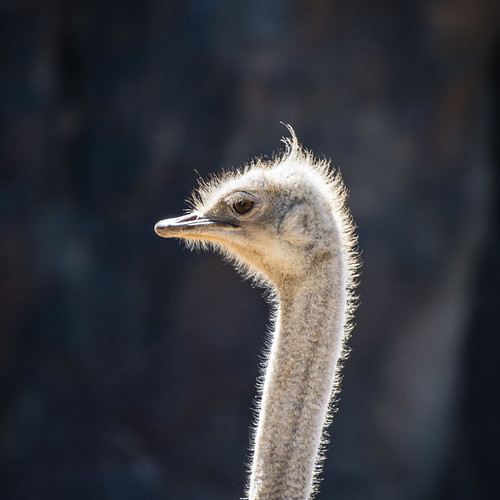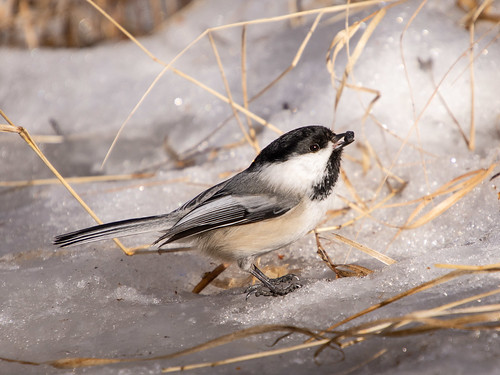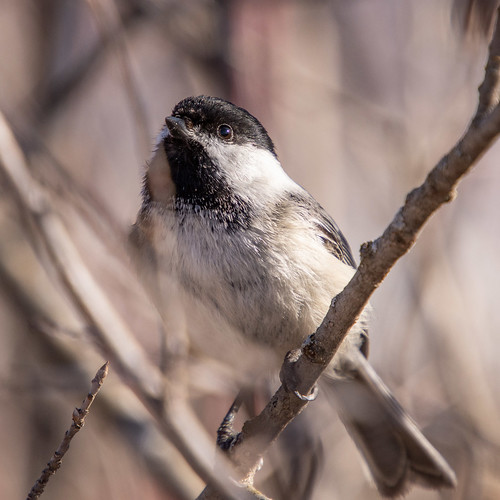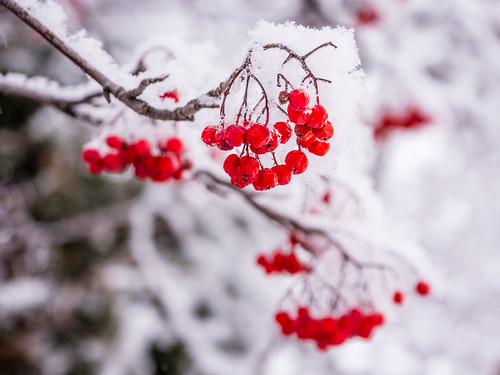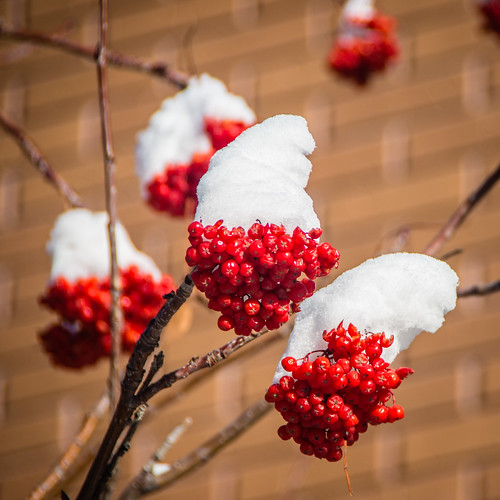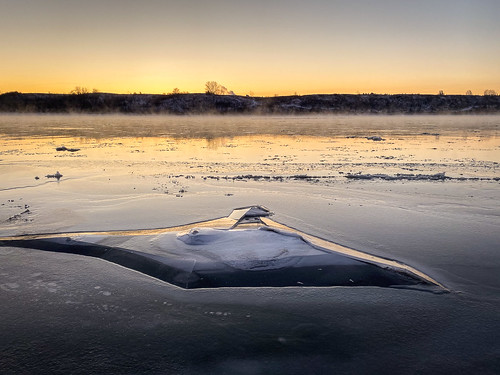The
Canadian Parks and Wilderness Society (CPAWS) is a national environmental organization. Their vision is “to protect at least half of our public land and water so that future generations can experience Canada’s irreplaceable wilderness.”
CPAWS was founded in 1963 and has 13 community-based chapters as well as a national office in Ottawa. The Saskatchewan chapter was established in 1976 and was initially located in Prince Albert with a focus on sustainable forest management practices and the protection and conservation of woodland caribou. While those issues continue to be of great importance,
CPAWS-SK has recently established staff and set up an office in Saskatoon to respond more effectively to issues affecting all parts of the province. Stewart Coles is the manager of operations and programs for southern Saskatchewan and outlined the work that CPAWS-SK is currently involved with.
Northern Initiatives
Canada’s boreal forest is larger, wilder, and more intact than almost any other forest on earth. The greatest threat is human activity. CPAWS is a signatory on the
Canadian Boreal Forest Agreement, which brought forestry companies and environmental organizations together to collaborate on long-term land planning and management. It continues to sit at the table with a role of
representing environmental and ecosystems perspectives when establishing forest management plans for northern Saskatchewan.
Woodland caribou are shy creatures that roam Canada’s northern forests and wetlands; however, their numbers are in decline, suggesting that the entire boreal landscape is suffering. The
Conservation Strategy for Boreal Woodland Caribou in Saskatchewan was finalized in 2014 and CPAWS-SK is assisting the province in obtaining a better understanding of woodland caribou ecology through its monitoring efforts. CPAWS-SK is currently active in the area north of Hudson Bay using cameras and on-site visits to report on caribou activity and habitat.
The
Sturgeon River Plains Bison, the last wild Saskatchewan herd in their traditional habitat range, roam in and around Prince Albert National Park. Since 2005, when the herd numbered around 500, numbers have been in steep decline, due in part to overharvesting and an anthrax outbreak in 2008. Local First Nations recently held a Buffalo Treaty gathering, providing an opportunity for the local First Nations to take leadership in bison conservation and for youth to connect with the land and elders in rebuilding traditional relationships and hunting practices. CPAWS-SK was instrumental in helping Mistawasis Nêhiyawak First Nation to obtain funding through the
Indigenous Guardians Program for this purpose and hopes to obtain additional funding from
Patagonia to assist with this work.
Southern Initiatives
According to
Nature Canada, “grasslands are the most endangered, the most altered, and least protected ecosystem on the planet.” CPAWS-SK has been working closely with other provincial environmental organizations to advocate for the protection of Saskatchewan’s remaining native grasslands. This has included writing letters and sharing its concerns with government and media about the need for a
full environmental review of the proposed Saskatoon freeway through Saskatoon’s Northeast Swale and the potential impact of the now approved
Project Albany potash mine southeast of Regina.
The Quebec chapter of CPAWS recognized a need to protect natural urban areas and established a
municipal fund for biodiversity, which has supported projects addressing climate change, connectivity, and protecting natural areas. CPAWS is now in the process of establishing similar pilot projects in Saskatoon, Edmonton, and Halifax. CPAWS-SK is working with the City of Saskatoon and Meewasin Valley Authority to establish the fund.The fund’s primary focus would be to address climate change through nature-based solutions, such as protecting the Northeast Swale and other key nature corridors from further degradation, loss, and fragmentation.
 |
| Stew Coles and colleague, Sarah Schmid |
Outreach
CPAWS has historically emphasized advocacy and active involvement on the ground. Its advocacy initiatives have often gone unrecognized, so CPAWS-SK is making a concerted effort to improve its communications and reach out to involve the public. “We want to bring the public into the conversation and to help decision-makers make good decisions,” explains Stewart Coles. “We’re not against development, but decisions and endorsements must be made with the full facts and located in the appropriate places.”
On a national level, CPAWS is collaborating with other environmental organizations on the
Make Room For Nature campaign, encouraging Canadians to hold all levels of government to account for the promises they have made for nature. Global biodiversity is in steep decline, and it is clear Canadians want – and expect – more protection of Canada’s wild and natural spaces.
CPAWS-SK is active on social media and has instituted a blog to share ideas more widely. They can be seen at various events throughout the summer months in Prince Albert, Saskatoon and Regina, including a booth at the University of Saskatchewan during orientation, where they hope to establish a CPAWS student society at the University of Saskatchewan.
CPAWS-SK has also developed several campaigns to raise public awareness and generate additional funds.
Caribrew beer, made in partnership with Saskatoon’s Prairie Sun Brewery is brewed with peat-smoked malt harvested in caribou country. They have also launched a
haskap gin in partnership with Black Fox Farm & Distillery that incorporates haskap berries from boreal forests around the world.
Get Involved
You can
contribute to CPAWS’ work in protecting Canada’s forests, lakes, rivers, wetlands, grasslands, and wilderness areas. Volunteer your time; sign a petition or call to action; make a donation. Visit their
website and follow CPAWS-SK’s activities on
Facebook,
Instagram, and
Twitter.
Photo credit: CPAWS-SK Facebook page
See Also
Stewardship: A Critical Role for Landowners (2012 interview with Gord Vaadeland, CPAWS-SK Executive Director, about the Sturgeon River Plains Bison)
Natural England: Working with Developers to Protect Wildlife and Natural Areas (2013 interview with Stewart Coles about his work experience in the UK)









